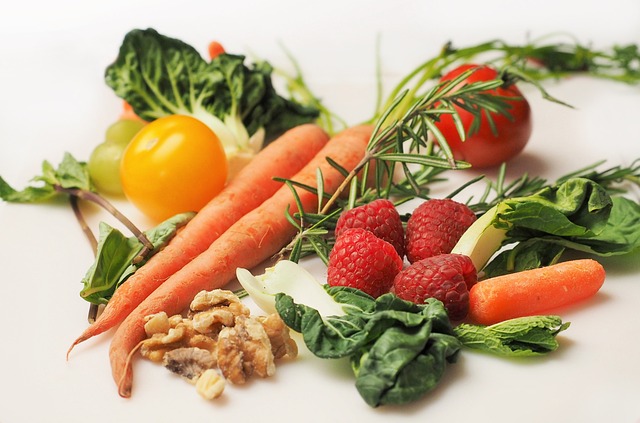The Protective Shield: Strengthening Your Gut with Probiotics to Fight Infections and Disease
Imagine your gut as a protective shield against harmful pathogens that can potentially cause infections and disease. The key to maintaining a robust shield lies in the balance of good and bad bacteria within your gut. This is where probiotics come into play.
What are Probiotics?
Probiotics are live microorganisms that provide numerous health benefits when consumed in adequate amounts. These beneficial bacteria work by restoring the natural balance of gut bacteria and promoting a healthy gastrointestinal system.
There are various strains of probiotics, but the most common ones include Lactobacillus and Bifidobacterium. These strains have been extensively studied and shown to have positive effects on digestive health.
The Gut-Immune Connection
Did you know that about 70% of your immune system is located in your gut? The gut and the immune system have a strong connection, and maintaining a healthy gut is vital for overall immune function.
Probiotics play a significant role in strengthening this connection. They enhance the production of antibodies and strengthen the gut lining, acting as a barrier against harmful pathogens. By doing so, probiotics reduce the risk of infections and help fight off diseases.
Health Benefits of Probiotics
Consuming probiotics regularly can provide a wide range of health benefits. Here are some of the main advantages:
1. Improved Digestive Health
Probiotics help restore the natural balance of gut bacteria. This can improve digestion, enhance nutrient absorption, and alleviate symptoms of digestive disorders such as irritable bowel syndrome (IBS) and inflammatory bowel disease (IBD).
2. Boosted Immune System
As mentioned earlier, probiotics play a crucial role in supporting the immune system. By stimulating the production of immune cells and regulating immune responses, probiotics contribute to a stronger defense against infections and diseases.
3. Reduced Risk of Antibiotic-Related Side Effects
Antibiotics are known to disrupt the balance of bacteria in the gut, often leading to side effects such as diarrhea and yeast infections. Probiotics can help prevent and alleviate these side effects by replenishing the beneficial bacteria.
4. Enhanced Mental Health
Believe it or not, there is a strong connection between the gut and the brain. Probiotics can positively influence mental health by reducing symptoms of anxiety, depression, and even stress. A healthy gut is essential for overall well-being.
5. Improved Skin Health
Probiotics can also help in promoting healthy skin. Studies suggest that certain strains of probiotics can reduce the severity of skin conditions like eczema and acne by reducing inflammation and balancing the skin’s microbiome.
How to Incorporate Probiotics into Your Diet
Probiotics are naturally found in some fermented foods, making them easy to incorporate into your diet. Here are some probiotic-rich foods to consider:
- Yogurt: Choose plain, unsweetened yogurt with live cultures.
- Kefir: A fermented milk drink packed with probiotics.
- Sauerkraut: Fermented cabbage that provides probiotics and essential nutrients.
- Kombucha: A fizzy, fermented tea that contains probiotics.
- Miso: A traditional Japanese seasoning made from fermented soybeans.
- Kimchi: A Korean fermented dish that is both flavorful and probiotic-rich.
If you’re unable to get enough probiotics through your diet alone, you can also consider taking probiotic supplements. Remember to consult with a healthcare professional before starting any new supplements.
Conclusion
Probiotics are incredibly beneficial for maintaining a healthy gut and overall well-being. By incorporating probiotic-rich foods into your diet or taking supplements, you







